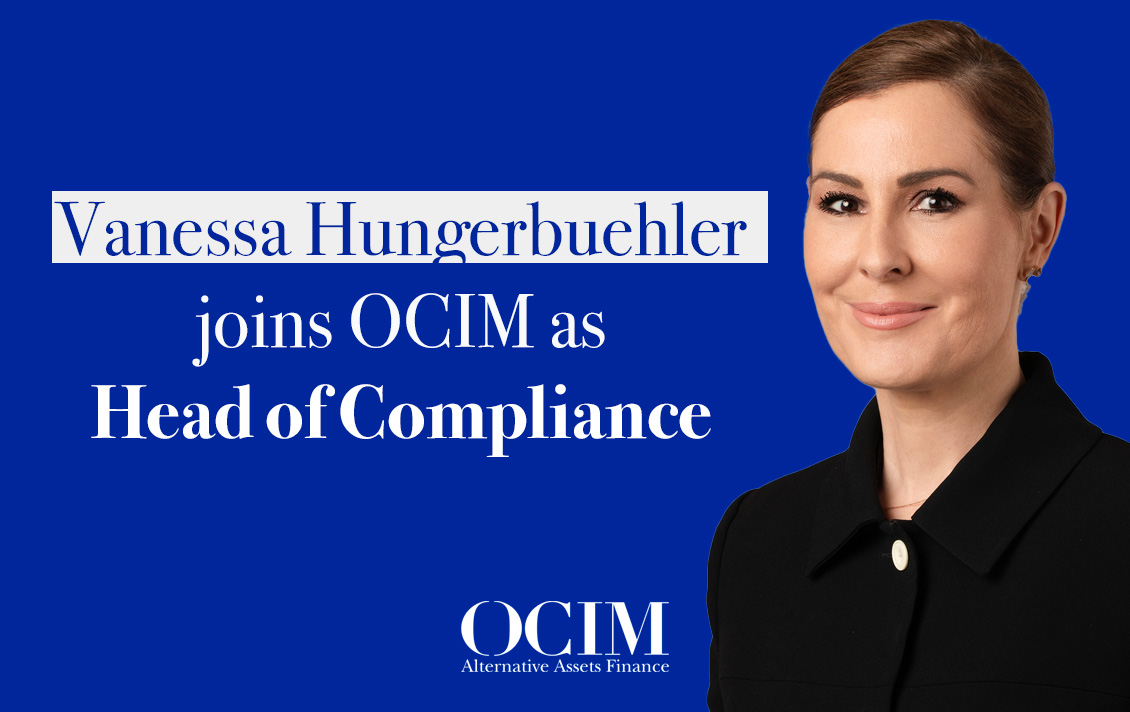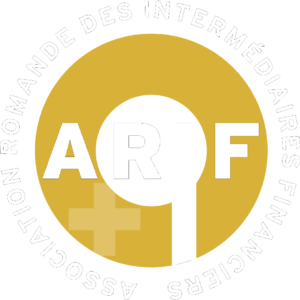Financing the ecological transition: the central issue of reporting and green data
The Forum on Green Finance and Investment organised by the OECD on 2 and 3 October 2023 in Paris was an opportunity to discuss the latest innovations in the field of ecological transition and to highlight the growing role of alternative lenders in supporting them. OCIM Metals & Mining was there.

Let’s start with a figure.
In 2021, the European Commission plans to allocate 30% of its multiannual budget to green investments, a particularly substantial amount to support the necessary ecological transition on our continent. This is a major challenge for the entire European financial ecosystem.
For companies with more than 250 employees, applying the obligations relating to the publication of their carbon footprint already represents a major challenge, starting with the energy operators themselves. SMEs and VSEs, on the other hand, are faced with the challenge of reducing their carbon emissions with far more limited resources. This means that they have to rely heavily on external funding, whether public or private. Although they are not subject to the carbon footprint requirements planned for 2025, SMEs have a very important role to play in the ecological transition.
Several recent OECD surveys show that SMEs are responsible for 25% of greenhouse gas emissions in the European Union. Admittedly, the individual emissions of an SME are not alarming in themselves. But they do become alarming when you consider the 400 million SMEs worldwide. It was this observation that led the OECD to study the issue and envisage a framework of solutions adapted to the specific characteristics of these businesses: are SMEs, like those operating in the fields of Green Finance and Clean Tech, really in a position to develop and implement environmental projects? Is their lack of resources preventing them from implementing this type of solution?
 Miriam Koreen, Head of the Department of SME’s Finance Unit at the OECD, pointed out that 70% of SMEs in OECD countries say they need additional funds to launch their projects or speed up the process of reducing their emission levels. As a result, they are seeking financing on a massive scale from financial institutions or alternative lenders. These in turn demand comprehensive and representative data sets and reports, which are used both as a criterion for selecting projects and to monitor their successful implementation.
Miriam Koreen, Head of the Department of SME’s Finance Unit at the OECD, pointed out that 70% of SMEs in OECD countries say they need additional funds to launch their projects or speed up the process of reducing their emission levels. As a result, they are seeking financing on a massive scale from financial institutions or alternative lenders. These in turn demand comprehensive and representative data sets and reports, which are used both as a criterion for selecting projects and to monitor their successful implementation.
But in many cases, the data provided by these companies is too partial and incomplete to fully meet the requirements of the financing bodies. The speakers at the Forum on Green Finance and Investment broadly agreed on the need to reduce the communication gap between all the players in the value chain involved in an environmentally sustainable approach. The production of clear and concise data represents a real challenge, even though this requirement aims to create the conditions for transparency that are essential for financial institutions. All too often, the focus on the purely financial aspects of projects pushes environmental, social or governmental impact criteria into the background. Julia Groves, Director of Management and Sustainability at the British Business Bank, agrees that all the financial and non-financial information on a project should be included in the reports, as their combination is decisive when it comes to choosing the winners.
But how can we make it easier for SMEs to compile this data?

Prior to any new initiative, each company needs to develop its own frameworks and sets of documentation to be able to measure compliance with specific criteria and parameters. To ensure that this framework is consistent with each company’s culture, an SME or VSE can call on the services of a consultancy firm, or directly on the regulator. For initiatives with a more global scope, recommendations can be sought from organisations organising public consultations. But the best solution is often the simplest. For Paul Gisby, Director of Accountancy Europe, “standardisation is simplification”. Once a reporting framework has been designed to take account of a company’s specific characteristics and organisation, the data production process can be automated to a large extent.
Finally, it should be noted that the level of requirements imposed by banks is increasingly leading project managers to turn to alternative finance. Julia Groves notes that, despite a natural propensity to turn to banks for finance, it is very often alternative lenders that currently provide the funding for most SME projects. This is particularly true in the mining industry, where some projects that are not yet fully mature are not eligible for traditional bank financing. Only alternative lenders, such as OCIM Metals & Mining, are therefore in a position to analyse the financial and extra-financial reality of projects and structure financing that is genuinely tailored to them.
To find out more:
« SMEs turning to alternative financing instruments as growth slows in bank lending » – OECD Web Archive – https://web-archive.oecd.org/2019-04-12/515542-smes-turning-to-alternative-financing-instruments-as-growth-slows-in-bank-lending.htm
« Statistiques structurelles et démographiques des entreprises (SDBS) » – https://www.oecd.org/fr/sdd/stats-entreprises/statistiquesstructurellesetdemographiquesdesentreprisessdbs.htm
« OECD – Forum on Green Finance and Investment » – https://www.oecd-events.org/oecd-forum-on-green-finance-and-investment/






